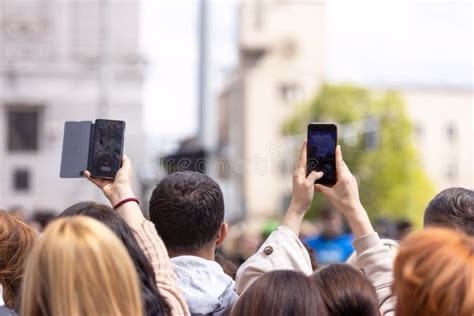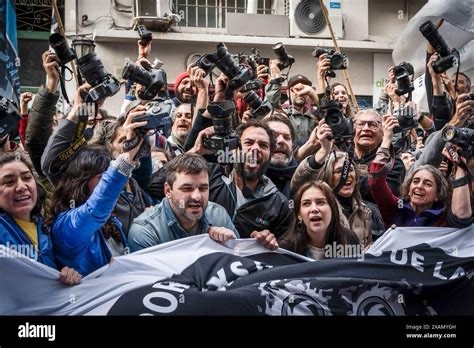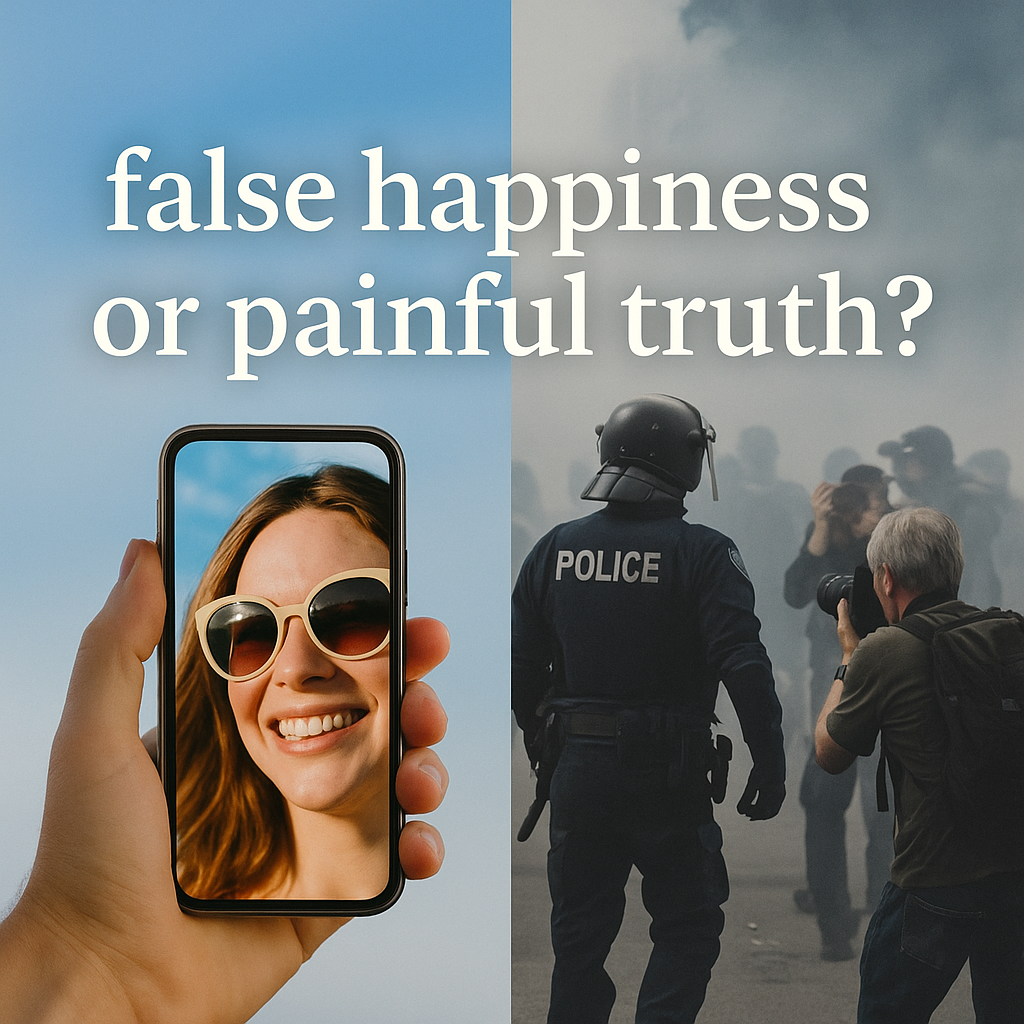The question—“Is it better to live in a world of false happiness and artificial peace, or a world of real pain and truth?”—feels less like a philosophical prompt and more like a defining fork in the road for the modern United States.
⸻
false happiness and artificial peace:
In many ways, the U.S. leans toward curated comfort over difficult truths:
• Entertainment as anesthesia:

— digital soma in action, anesthetizing a restless public Image: Alamy, courtesy of Crisis Text Line campaign
Social media, streaming platforms, endless dopamine loops—all function as digital soma. Many Americans are inundated with distraction that pacifies rather than awakens. Doomscrolling has replaced dialogue. Pleasure has replaced purpose.
• Political narratives over reality:
Politicians on all sides offer simplified, tribal identities rather than confronting the complex, painful realities of climate collapse, economic inequality, systemic racism, or tech monopolization. “Everything’s fine,” we’re told—just keep consuming, voting, and watching.
• Algorithmic echo chambers:

— resistance flattened into content, curated by algorithm Image: Dreamstime
Truth is fractured. Platforms reward outrage and conformity within silos. As a result, what’s real becomes less important than what’s emotionally satisfying. The population is comforted not with facts, but with familiar illusions.
• Pharmaceutical pacification:
Like soma in Brave New World, the widespread use of antidepressants, anti-anxiety meds, and stimulants (whether needed or not) reflects a system more interested in managing symptoms than addressing structural causes of suffering.
⸻
truth and pain: who chooses it?
There is still a portion of America that chooses the discomfort of truth:
• Whistleblowers, journalists, and activists often expose harsh realities at great personal risk.

— the cost of bearing witness in an empire of illusion Image: Alamy
• Many marginalized communities live the “truth” every day—not by choice, but because the system was never designed to protect them.
• Independent researchers and dissenters are routinely labeled “radicals” for asking dangerous questions—about war, surveillance, elections, or empire.
But that pursuit of truth is increasingly punished—through censorship, deplatforming, legal threats, or isolation. This reflects a society allergic to discomfort.
As Huxley’s Brave New World warned: “You can’t consume much if you sit still and think.”
⸻
the cost of choosing comfort:
Choosing false peace over truth has consequences:
• We ignore systemic decay until collapse becomes inevitable (see: climate).
• We mistake “stability” for justice, allowing power to centralize unopposed.
• We lose the ability to distinguish freedom from obedience.
⸻
a curious conclusion:
The United States in 2025 is closer to Huxley’s nightmare than Orwell’s. It’s a country where citizens are managed through pleasure, distracted by illusion, and taught that discomfort is extremism.
And yet, the pain of truth still breaks through—one act of protest, one leak, one whistleblower at a time. The question is whether we’ll collectively choose to feel it… before it’s too late.
To choose truth is not an aesthetic. It’s not the curated rebellion of branded outrage.
It’s costly. It hurts.
It ruins dinner conversations.
It alienates.
It fractures comfort.
But it’s real. And in a time of orchestrated deception, real is the most rebellious thing you can be.
So maybe the path forward isn’t about smashing the machine, but remembering that you’re not it.
That you have skin, breath, grief, memory.
That pain, unfiltered, is proof of life.
That truth, no matter how jagged, is the only ground worth standing on.
And in the words of another wandering soul:
“But better to get hurt by the truth than comforted with a lie.” (Khalid Hosseini)
The choice is still ours.
But maybe not for much longer.

Leave a Reply